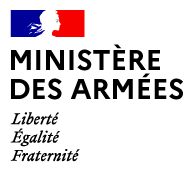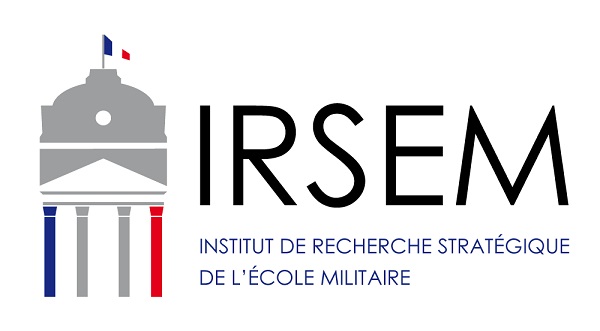The Congress and the Foreign Policy Directions of the United States.
Monday 12 February 2024

As part of the Observatory of American Foreign Policy, IRSEM and Sorbonne, in collaboration with the Institute of the Americas, are organizing a conference and round table on the role of partisan alliances in Congress regarding the directions of United States foreign policy.
Monday, February 12, 2024 10am - 12pm
Irsem - Military School - Amphithéâtre de Bourcet
While the campaign for the 2024 presidential and legislative elections is already underway in the United States, what will be the role of Congress in shaping foreign policy directions on crucial issues such as military support to Europe, the Middle East, or rivalry with China? Despite the hyperpolarization of American political life, how can we understand the role of bipartisan alliances in shaping U.S. foreign policy directions in Congress, where the primary strategic decisions of American policy are made?
In an era of ever-increasing polarization in the US Congress, American foreign policy remains marked by frequent bipartisanship. In Bipartisanship and US Foreign Policy, Jordan Tama shows that, even as polarization in American politics reaches new heights, Democrats and Republicans in Washington continue to cooperate on important international issues. Looking closely at congressional voting patterns and recent debates over military action, economic sanctions, international trade, and foreign policy spending, Tama reveals that bipartisanship remains surprisingly common when US elected officials turn their attention overseas. Yet bipartisanship today rarely involves complete unity. Instead, bipartisan coalitions spanning members of both parties often coexist with intra-party divisions or disagreement between Congress and the president, making it difficult for the United States to speak with one voice on the global stage. Drawing on new data and interviews of more than 100 foreign policy practitioners, this book documents the persistence of bipartisanship on international issues and highlights key factors that facilitate or impede cooperation on foreign policy challenges.
Dr Jordan Tama is Provost Associate Professor at the School of International Service at American University, Non-Resident Senior Fellow at the Chicago Council on Global Affairs, and Co-Director of Bridging the Gap. His research examines the politics, institutions, and tools of US foreign policy. His publications include four books and many journal articles, policy reports, and articles in major newspapers and magazines. Tama has served as a senior aide in the US House of Representatives, a foreign policy speechwriter, and a presidential campaign advisor.
Main guest speaker : Dr Jordan Tama (American University, Washington)
Presidency : MCF Maud Quessard (Directrice du domaine EETR à l’IRSEM, Paris)
Round table discussants :
- Pr Jean-Baptiste Velut (Sorbonne University)
- Pr Elisa Chelle (Paris-Nanterre University)
- MCF Fréderic Heurtebize (Paris-Nanterre University, CNRS)


